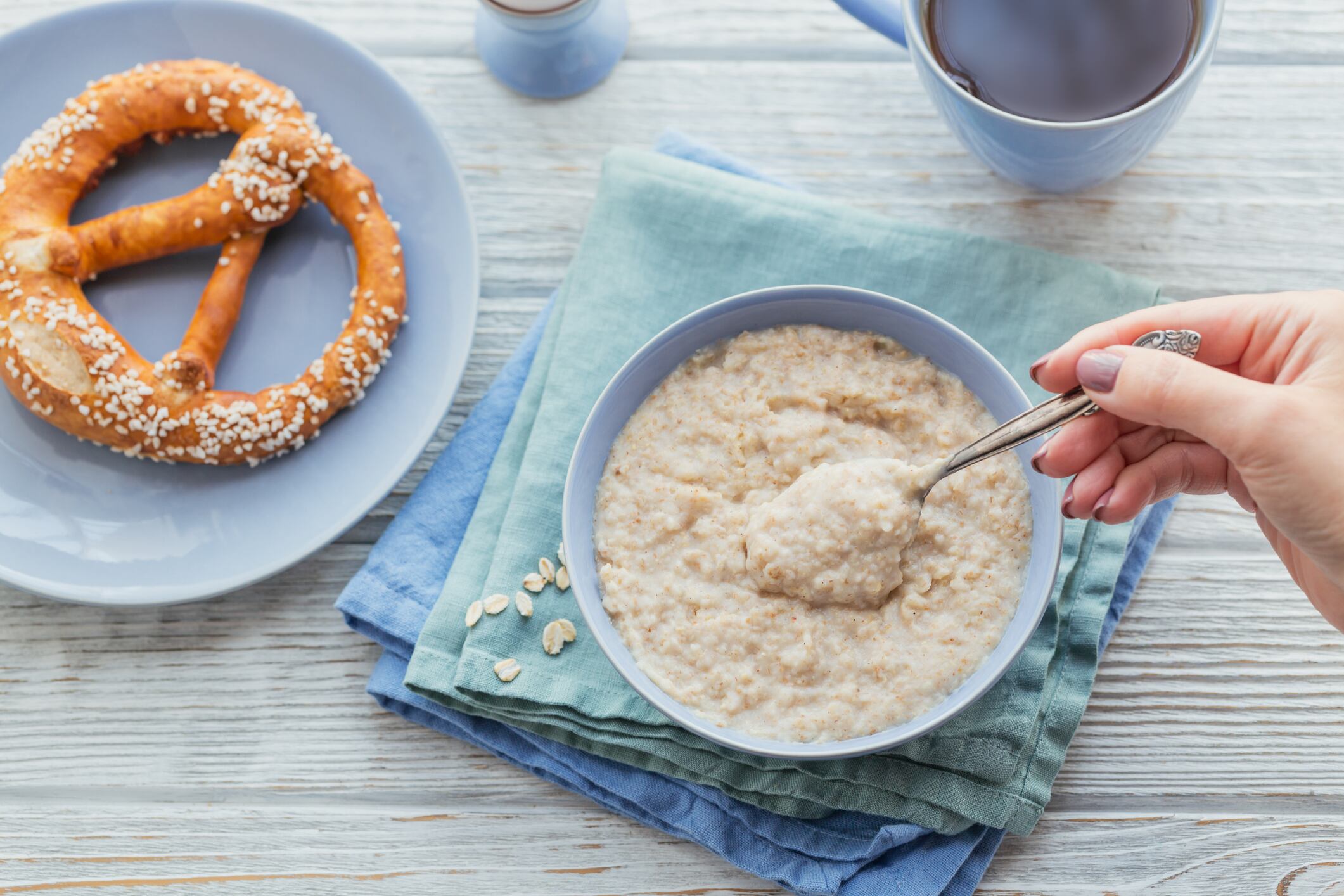Dr Samuel Impey, adjunct lecturer at Edith Coen University, Birmingham, and former head of nutrition and physiology at Team Wiggins, a professional cycling team, attended Sport Ireland Institute's annual Performance Nutrition Conference last Thursday (October 24th) which focused on nutrition myths which need debunking.
In his presentation to delegates at the National Sports Campus in Dublin, he explained the notion that 'carbs are bad' and that fat is a better source of energy couldn't be further from the truth when it comes to athletic performance.
He said that despite much talk, especially on social media, about the benefits of a high fat/low carb (keto) diet, carbs are the most efficient fuel source for the body.
"There’s some fundamental biochemical reasons that pre-dispose most of us to being naturally carb-fuelled," he said.
He pointed out that the energy from carbohydrates can be released up to three times as fast as the energy from fat and the combustion of 1 litre of oxygen yields 4.68 calories from fat compared to 5.06 calories from carbohydrate starch.
Pre-performance carbs
He says prior research has linked increased pre-performance carb intake with better athletic performance, with a study by Burke et al in 2011 showing the carbohydrate requirement increases in-line with the level of training intensity and duration.
Discussing the timings for consumption, Impey said the amount of time needed for carb-loading is pretty similar across most athletes - 24 hours.
He added that it is widely accepted now that it is best to consume a mix of high and low GI carbs in the meal before exercise - such as porridge with fruit or honey- in order to attain that energy spike required as well as the more sustained energy source.
During performance
The doctor pointed out that whilst it is understood that the average person can only process, or oxidize, about one gram of carbohydrate per minute, studies have shown that a consuming a mix of glucose and fructose can increase the body’s carb-oxidation ability to 90 grams per hour.
But is there a benefit to this? Impey argues there is.
"Currell et al conducted a study in 2007 to discover whether that had any performance benefit and found that when they consumed both fructose and glucose they were able to sustain a higher power output and improved time trial performance."
Impey added that carb oxidation rate isn’t impacted by body size but a person can train their gut to be able to process more carbs than the average by slowly increasing their intake during exercise which may be required for extreme high intensity and endurance performances.
He points out that research by Stellingwerff and Cox (2014) suggested athletes taking part in exercise of up to one hour should not need more than 30-60g of glucose per hour and they should only require drinks and gels, whilst those exercising for longer stretches will need a mix of glucose and fructose at an amount of 60-120 grams per hour, with the need for some bars and other solids in order to provide satiation.
Post performance
Pointing out that athletes require adequate amounts of carbohydrates in order to help spare protein reserves needed for muscle growth, maintenance and repair, Impey says that consuming around 1.2 - 1.5 kg of carbs per hour should help with the recovery process.
Weight loss
Prof. Mike Gibney, Emeritus Professor of Food and Health at University College Dublin, also spoke at the event to debunk the notion of ‘good’ and ‘bad’ calories.
He insisted that reducing calories consumed and increasing calories burned will always lead to weight loss, whether those calories consumed are through carbs or fat.
He pointed out a recent 12-month long study conducted by Christopher et al on 609 overweight adults found no difference between a low fat diet and a low carb diet on the weight loss attained by the participants.
National health advice
The NHS advises that carbohydrates are the body's main source of energy and a great source of fibre, which is important for long-term health.
The UK government's healthy eating advice recommends that just over a third of a person's diet should be made up of starchy foods, such as potatoes, bread, rice and pasta, and over another third should be fruit and vegetables.
NHS' website states:
"Healthy sources of carbohydrates, such as higher fibre starchy foods, vegetables, fruits and legumes, are also an important source of nutrients, such as calcium, iron and B vitamins.
"Significantly reducing carbohydrates from your diet in the long term could put you at increased risk of insufficient intakes of certain nutrients, potentially leading to health problems.
"Cutting out carbohydrates from your diet could put you at increased risk of a deficiency in certain nutrients, leading to health problems, unless you're able to make up for the nutritional shortfall with healthy substitutes.
"Replacing carbohydrates with fats and higher fat sources of protein could increase your intake of saturated fat, which can raise the amount of cholesterol in your blood – a risk factor for heart disease.
"When you're low on glucose, the body breaks down stored fat to convert it into energy. This process causes a build-up of ketones in the blood, resulting in ketosis.
"Ketosis as a result of a low-carbohydrate diet can be linked, at least in the short term, to headaches, weakness, nausea, dehydration, dizziness and irritability.
"Try to limit the amount of sugary foods you eat and instead include healthier sources of carbohydrate in your diet, such as wholegrains, potatoes, vegetables, fruits, legumes and lower fat dairy products."


